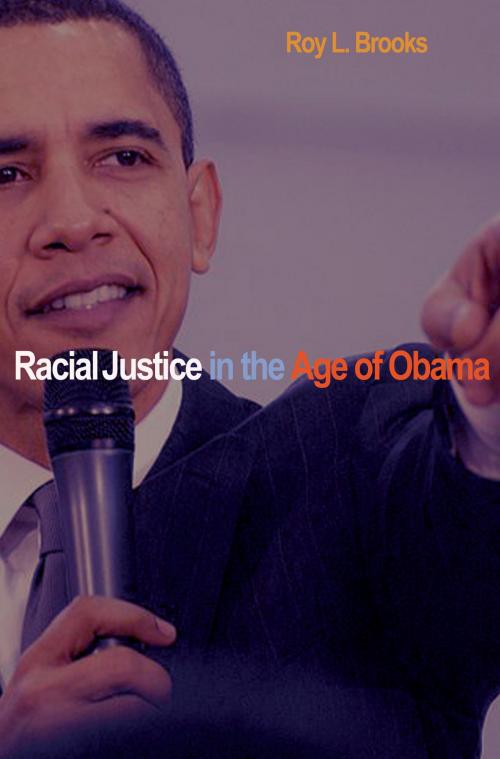Racial Justice in the Age of Obama
Nonfiction, Social & Cultural Studies, Political Science, Politics, Civil Rights, Social Science, Discrimination & Race Relations| Author: | Roy L. Brooks | ISBN: | 9781400831043 |
| Publisher: | Princeton University Press | Publication: | August 3, 2009 |
| Imprint: | Princeton University Press | Language: | English |
| Author: | Roy L. Brooks |
| ISBN: | 9781400831043 |
| Publisher: | Princeton University Press |
| Publication: | August 3, 2009 |
| Imprint: | Princeton University Press |
| Language: | English |
With the election of Barack Obama as the first black president of the United States, the issue of racial justice in America occupies center stage. Have black Americans finally achieved racial justice? Is government intervention no longer required? Racial Justice in the Age of Obama considers contemporary civil rights questions and theories, and offers fresh insights and effective remedies for race issues in America today.
While there are now unprecedented opportunities for talented African Americans, Roy Brooks shows that lingering deficiencies remain within the black community. Exploring solutions to these social ills, Brooks identifies competing civil rights theories and perspectives, organizing them into four distinct categories--traditionalism, reformism, limited separation, and critical race theory. After examining each approach, Brooks constructs the best civil rights theory for the Obama phase of the post-civil rights era. Brooks supports his theoretical model with strong statistics that break down the major racial groups along such demographics as income and education. He factors in the cultural and structural explanations for the nation's racial divisions, and he addresses affirmative action, the failures of integration, the negative aspects of black urban culture, and the black community's limited access to resources. The book focuses on African Americans, but its lessons are relevant for other groups, including Latinos, Asians, women, and gays and lesbians.
Racial Justice in the Age of Obama maps out today's civil rights questions so that all groups can achieve equality at a time of unprecedented historical change.
With the election of Barack Obama as the first black president of the United States, the issue of racial justice in America occupies center stage. Have black Americans finally achieved racial justice? Is government intervention no longer required? Racial Justice in the Age of Obama considers contemporary civil rights questions and theories, and offers fresh insights and effective remedies for race issues in America today.
While there are now unprecedented opportunities for talented African Americans, Roy Brooks shows that lingering deficiencies remain within the black community. Exploring solutions to these social ills, Brooks identifies competing civil rights theories and perspectives, organizing them into four distinct categories--traditionalism, reformism, limited separation, and critical race theory. After examining each approach, Brooks constructs the best civil rights theory for the Obama phase of the post-civil rights era. Brooks supports his theoretical model with strong statistics that break down the major racial groups along such demographics as income and education. He factors in the cultural and structural explanations for the nation's racial divisions, and he addresses affirmative action, the failures of integration, the negative aspects of black urban culture, and the black community's limited access to resources. The book focuses on African Americans, but its lessons are relevant for other groups, including Latinos, Asians, women, and gays and lesbians.
Racial Justice in the Age of Obama maps out today's civil rights questions so that all groups can achieve equality at a time of unprecedented historical change.















